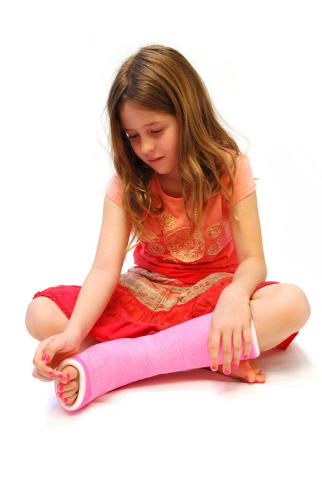What is prematurity?
A ‘full term’ pregnancy is typically counted as 37 to 41 weeks gestation. A baby is classed as ‘premature’ if they are born before 37 weeks.
Premature babies have TWO ages, chronological age and a corrected age.
- Chronological age is your babies age since birth (how old they are)
- Corrected age is the age your baby would be if he/she were born on their due date.
To work out your baby’s corrected age, you simply take their chronological age and minus how many weeks they were premature! For example, your baby is 12 months old (chronological age), but was born 3 months early, hence their corrected age is 9 months old.
Both the chronological and corrected age are important when discussing your child’s growth and development. Up until the age of 2 years, your developmental screens should always be looked at in terms of bubs corrected age.
So what is different about being born premature?
Babies who are born prematurely are considered to be at higher risk of short and long term complications. This is because they miss out on the final stages of pregnancy, when they would have been tightly curled up in the mother’s womb, which is favourable for development. This results in premature babies to seem more flattened out or extended rather than in the curled up or flexed position. This can lead to muscle imbalances, like weakness in some muscles, or tightness in others. This is why physiotherapy is important for premature babies, as they can help your baby move in the best way possible and prevent muscle imbalances.
So how can physio help premature babies?
Physiotherapy, along with other allied health such as speech pathology and occupational therapy, is highly recommended for babies born prematurely. This is because early intervention is proved to play a HUGE role in neuroplasticity, which is higher in children than adults.
Neuroplasticity (to put it simply) is the ability of the brain to form new connections with the body after damage has occurred to the brain. This is achieved through early intervention, such as physiotherapy!! This can start even when bub is still in NICU to help with their lung function and positioning.
Paediatric physiotherapists have training in detailed assessments, in order to pick up on any muscle imbalances, neurological signs and any developmental areas that may need intervention. They can also provide education for parents on development and different positioning strategies.
Positioning your baby well can help with the development of good movement and posture, making your baby feel more safe and secure, preserve energy and promote growth. By recreating the position of the womb, they can develop muscles they will need for tummy time, sitting and crawling. Positioning strategies can be applied to all periods of a baby’s cycle, whether sleeping, awake, being carried or feeding.
When carrying your baby, keep your baby curled with their head in the middle and hips and knees bent and arms forward. This can help them feel safe and secure, but also encourages that flexed position to help recruit and strengthen their core muscles.
Physiotherapists can also help your baby continue to meet their milestones. This might be increasing their tolerance or strength in tummy time, crawling, sitting or rolling!
It is recommended that if your baby is born prematurely, that their development is monitored regularly as they grow. As your baby grows and develops, your physiotherapist will adapt treatment so that it is fun and challenging for your toddler.
Running for Prems
The Running for Premature Babies Foundation is a registered Australian Charity supporting neonatal units in hospitals around the country. It was established in 2007, and has since dedicated its cause to raising money to fund life saving neonatal equipment for regional hospitals.
We had an amazing, generous and incredible effort from an Orange local Glenn Atkinson earlier this year. Glenn is the dad of two beautiful twin girls, Eleanor and Zoe, who were born premature and spent the first few weeks of their life in the special care nursery in Sydney. Glenn experienced first hand the need for support in regional hospitals for babies who are born premature. So in January, Glenn decided to take on the challenge of walking a massive 260km from Orange to Sydney, whilst pushing a double pram, to raise money for life saving equipment for the Orange Hospital, and HE DID IT!
Glenn walked for 7 days and raised over $200,000 dollars for the charity ‘Running for Prems’. How incredible is that! Since Glenn has finished the walk, a piece of equipment has already been delivered to Orange Base Hospital – a Bllilux phototherapy unit.
Wear green for premmies
Every year the ‘Wear Green for Premmies’ campaign is a day in which you can wear green to show your support for the 25,000 babies born prematurely in Australia every year.




